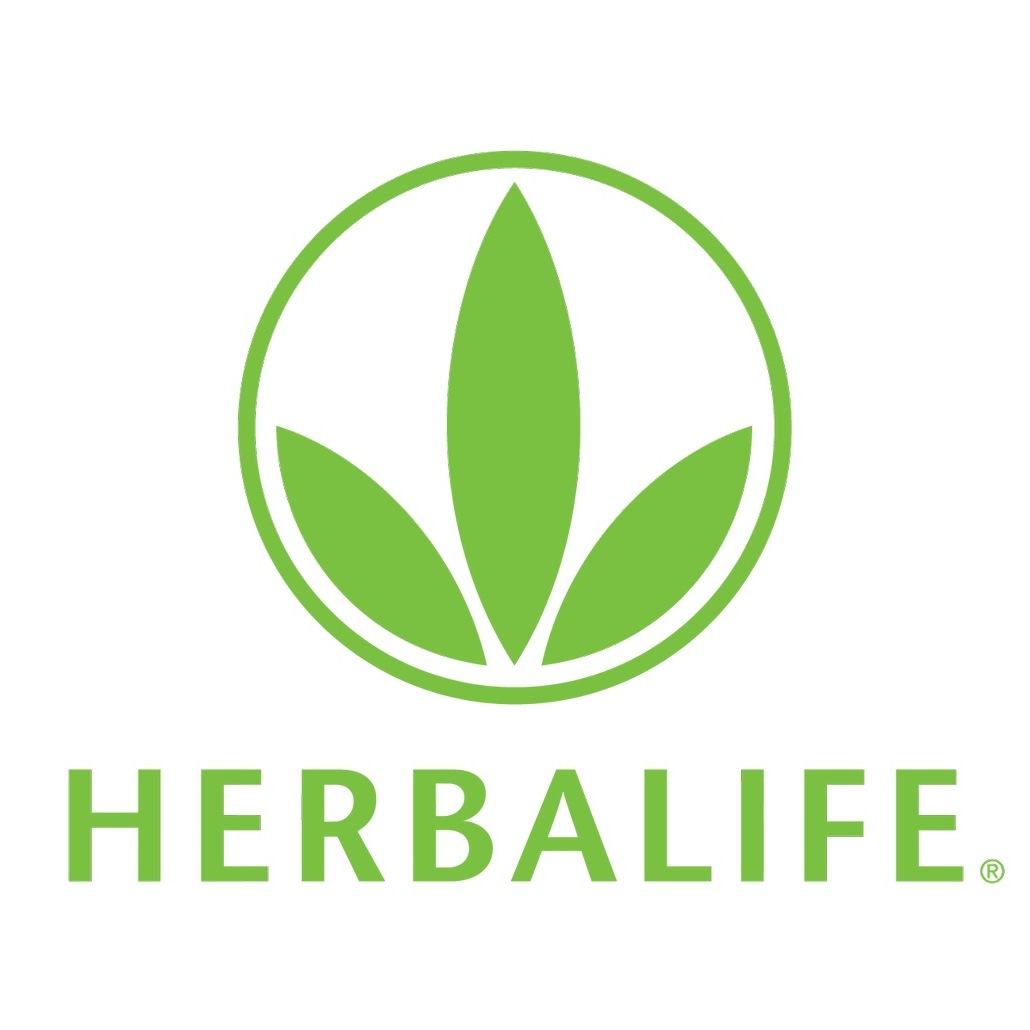Companies and Brands
Why Herbalife's Shares Are Tumbling Monday Morning

Published:
Last Updated:

Nutrition company Herbalife Ltd. (NYSE: HLF) announced an increase to its second-quarter guidance early Monday morning. That was the good news.
The other part of the company’s announcement — the not-so-good news — is a bit more difficult to figure out. Basically, the company said that even though it has exceeded the threshold required by the U.S. Federal Trade Commission (FTC) as part of the company’s 2016 $200 million settlement of an FTC investigation, the required changes to the company’s business practices have “impacted current period sales as distributors adapted to these new protocols.”
Herbalife reported that in May 90% of U.S. sales were documented purchases by more than 3 million consumers. That total exceeds the 80% threshold called for in the FTC settlement. However, the FTC threshold must be met on an annual, not a monthly basis.
That won’t be easy, says Herbalife. Here’s what the company wrote:
The Company’s distributors have successfully utilized the full array of new tools and processes necessary to document retail sales transactions. Yet, as is typical with any change, the new technology and processes have taken time for distributors to learn, then teach and implement in their organizations. … The Company expects as these new processes become even more efficient and more routine, the current sales trend will be a short-lived cycle followed by a sequential acceleration of growth. …
As a result of current sales trends during the transition in the US, combined with softer trends in Mexico, the Company is updating its volume, net sales and EPS guidance for the second quarter and the full year 2017. The updated guidance reflects an increase in diluted EPS and adjusted diluted EPS but a decrease in volume and net sales.
Finally, the Company believes that the second quarter of 2017 will be the most challenging quarter of the year from a comparative perspective given that last year’s second quarter volume was the largest in the Company’s history.
The FTC settlement was announced last July, and both Herbalife and hedge fund investor Bill Ackman, who had placed a large short bet against Herbalife in 2012, claimed victory. Ackman claimed that Herbalife was a pyramid scheme that made money by signing up distributors, not selling products.
The settlement did not go that far, but the FTC did require Herbalife to “fundamentally restructure its business so that participants are rewarded for what they sell, not how many people they recruit.” The company must, for seven years, hire an independent auditor to monitor its compliance with the restructuring order.
Herbalife also claimed victory, as did activist investor Carl Icahn, who had conducted a very public feud with Ackman over Herbalife’s business. At the end of last December, Icahn held just under 25% of Herbalife’s outstanding shares.
Herbalife estimates that compliance with the FTC order will cost it 12 cents in earnings per share in calendar year 2017, excluding $3 million from the impact of a tax payment but including $3 million in product discounts “related to preferred member conversions” for the year.
There’s no question that the FTC settlement has changed the way the company does business in the United States. There is also no question that the changes are still being implemented and the company is not sure what the eventual effect will be. What remains open to question is the size of that effect.
In Monday’s premarket session, Herbalife stock traded down about 5.6% at $69.75 after closing Friday at $73.92. The stock’s 12-month price target is $81.50, according to MarketWatch.
Start by taking a quick retirement quiz from SmartAsset that will match you with up to 3 financial advisors that serve your area and beyond in 5 minutes, or less.
Each advisor has been vetted by SmartAsset and is held to a fiduciary standard to act in your best interests.
Here’s how it works:
1. Answer SmartAsset advisor match quiz
2. Review your pre-screened matches at your leisure. Check out the advisors’ profiles.
3. Speak with advisors at no cost to you. Have an introductory call on the phone or introduction in person and choose whom to work with in the future
Get started right here.
Thank you for reading! Have some feedback for us?
Contact the 24/7 Wall St. editorial team.